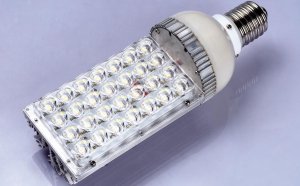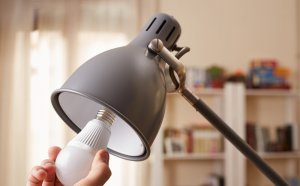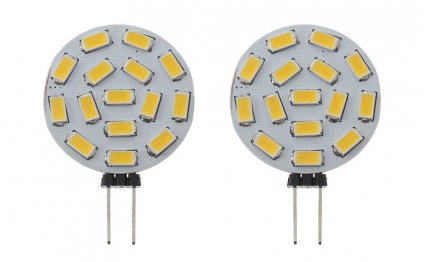
White LED light bulbs
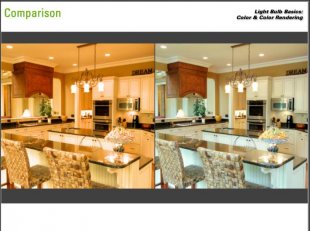 Ever since Edison launched us into the first modern-day, prototypical, electric light bulb in 1879, we have seen everything illuminated by these incandescent light bulbs within their Soft White shade heat, assessed at 2700K (Degrees Kelvin). The light developed by these light bulbs has given off a slightly yellow shine for over 130 many years, making the colors in our houses feel hot and cozy the whole time.
Ever since Edison launched us into the first modern-day, prototypical, electric light bulb in 1879, we have seen everything illuminated by these incandescent light bulbs within their Soft White shade heat, assessed at 2700K (Degrees Kelvin). The light developed by these light bulbs has given off a slightly yellow shine for over 130 many years, making the colors in our houses feel hot and cozy the whole time.
Nevertheless, this might be good in rooms and living spaces, exactly what about in your bathroom, cooking area, basement, or storage, in which you’re trying to apply the proper makeup, prepare meals, play ping pong, or restore a bicycle tire? Sometimes, it is simpler to have truer, white lights, that show truer colors and much more contrasts, with a complete “brighter” feel for them. With all the higher level technology of CFLs and LEDs, lights today also come in a huge variety of shade temperatures, offering several choices to choose from when lighting the areas at home.
The Range of Color Temperature
The 3 major kinds of color temperature for lights tend to be: Soft White (2700K – 3000K), Bright White/Cool White (3500K – 4100K), and Daylight (5000K – 6500K).
The higher the Degrees Kelvin, the brighter the color heat. Although the whiter lights will appear “brighter” than those of a lower Kelvin reading, the amount of Lumens (measurement for brightness) does not change, and true brightness is not affected.
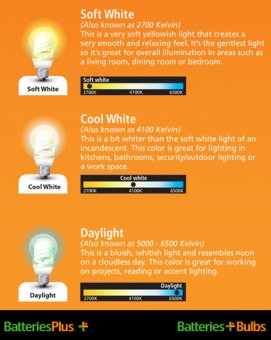 Smooth White, 2700K Vs Daylight, 5000K
Smooth White, 2700K Vs Daylight, 5000K
Although our eyes have adjusted towards Soft White color temperature of incandescent bulbs over the years, this doesn’t imply that they're always your best option for many lighting programs. Including, because of their hotter color temperature, these smooth white lights often pull warmer colors from a space (reds, oranges, etc.), changing the contrasts throughout the space. With that in mind, here are some tips on how to light the different rooms in your home most effectively:
SMOOTH WHITE/WARM WHITE:
Perfect for bedrooms and areas; providing a traditional cozy, comfortable feel for them
BRIGHT WHITE/COOL WHITE:
Best in kitchens, restrooms or garages; providing areas a brighter, more vigorous experience
DAYLIGHT:
Best in restrooms, kitchens and basements; beneficial to reading, complex tasks, or using makeup products – offers the greatest contrast among colors
CRI or Colors Rendering List
The CRI could be the way of measuring the capability of a light source to replicate colors of numerous items versus a perfect light source such as for instance incandescent (only because it’s just what our eyes are used to) or sun light. The scale is from 0-100, and the ones lights with a CRI nearer to 100 have an ability to demonstrate truer colors across a wide range. It’s vital that you think about for some applications, but not for all. As an example, it’s essential in a retail store to own lights with a higher CRI, to ensure colors look while they truly are. While in a factory (CRIs often in the 70s or 80s), or with road lights (CRIs inside 30s or 40s), color precision is not almost as essential due to the fact total quantity of light created; or lamp cost.
Finally, the decision is for you to decide; these are just some suggestions. The great thing usually indeed there now is out there a variety of choices to pick from, to produce the feel you would like per and each space in your own home. Spend playtime with it, preventing by a Batteries Plus Bulbs today to find out about it. Our skilled associates are enthusiastic to help you through our extensive collection of energy-efficient CFL and LED bulbs!
RELATED VIDEO

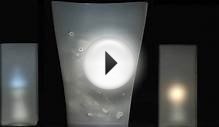

Share this Post
Related posts
Cheap LED Light bulbs
Remember in not-so-distant last when nearly all Light-emitting Diode light bulbs had been prohibitively priced? Well, right…
Read MoreWhat are LED light bulbs?
The bulb with lit up our homes because the 1800s is formally returning out. The ineffective incandescent, which manages to…
Read More
